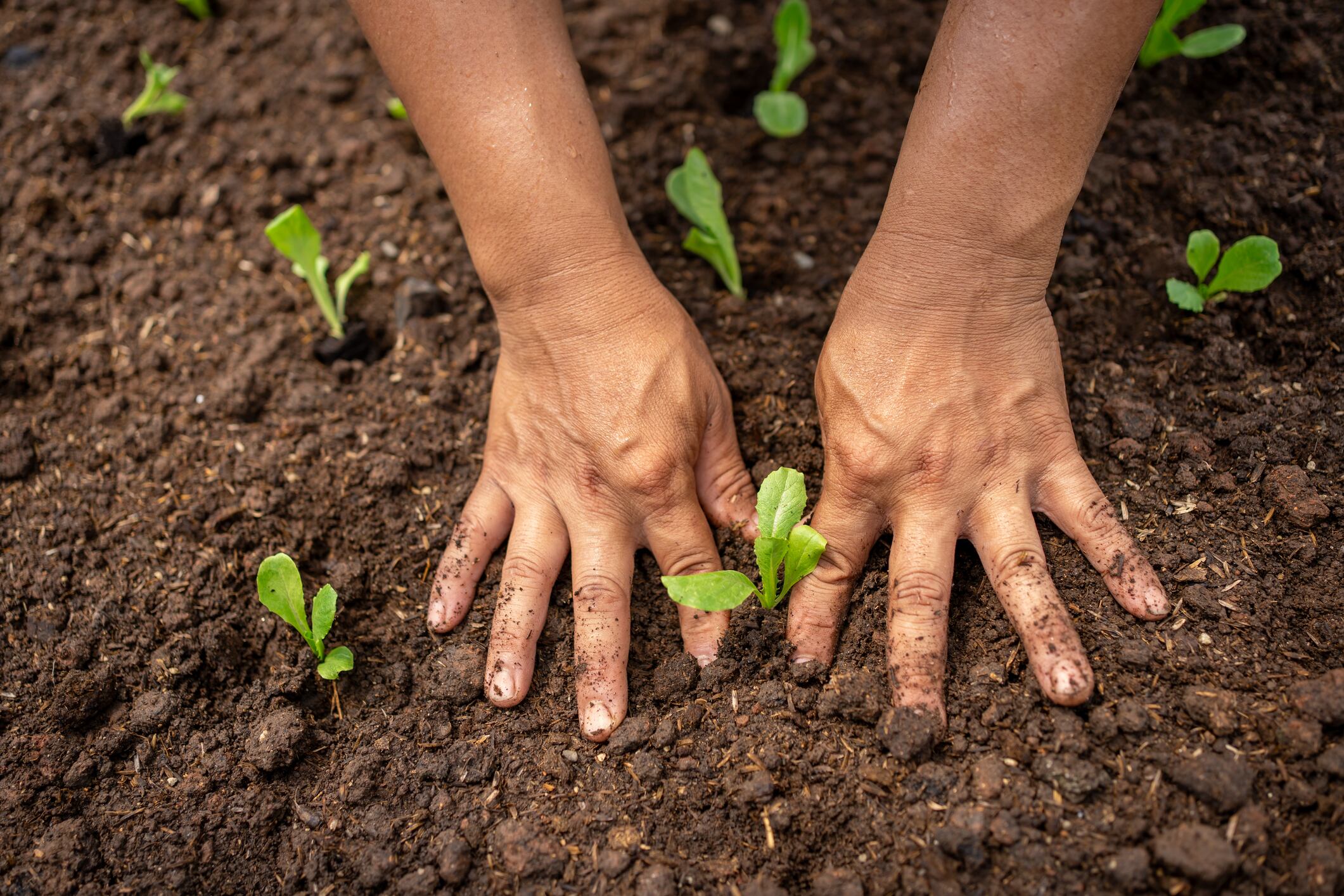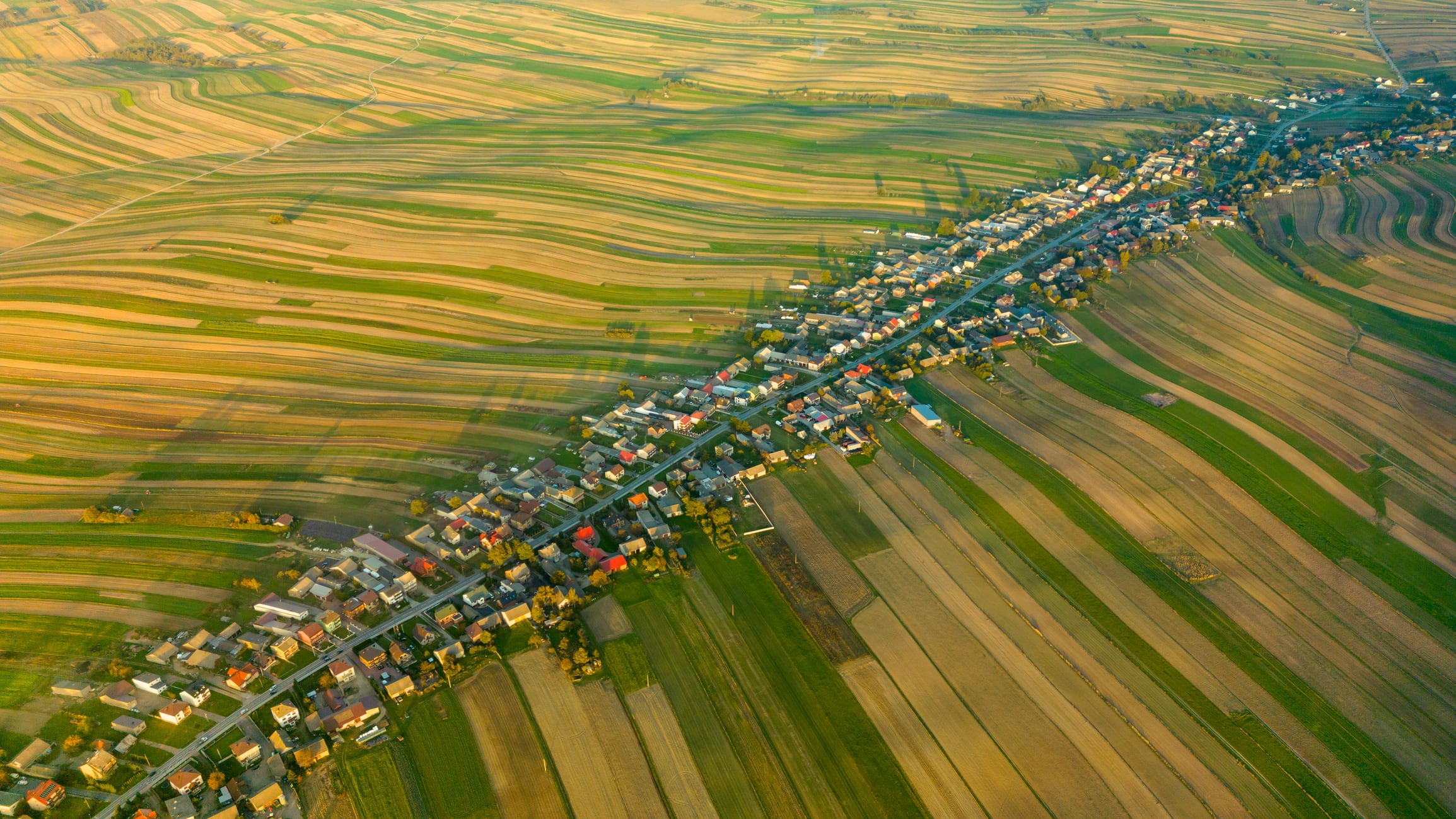With rising populations, shifting diets, and increasingly unpredictable weather, supply chains are under unprecedented pressure.
As its role as a global food hub intensifies, governments and companies in Asia Pacific are strengthening their resilience against climate, trade, and market disruptions.
According to Ajay Hiranandani, supply chain blows are pushing sustainability to the top of the industry agenda.
“Today’s supply chain disruptions and uncertainty are pushing sustainability higher on the corporate agenda, such as volatile supply, climate-related risks and fluctuating trade dynamics underscore the need for food systems that are resilient to climate change. Expectations for supply chain sustainability and traceability are transforming how food is produced, processed and sold,” said the commercial director and head of palm for Indonesia for the Louis Dreyfus Company (LDC).
“Ultimately, the future of agri-food supply chains depends on the ability to shift to sustainable value creation, building systems that are resilient to disruption and support sustainable growth.”
Hiranandani emphasised that the future supply chain strategies will not just be guided by diversification and digitalisation, but sustainability-driven innovation as well.
“The Internet of Things (IoT) and Big Data are helping farmers access critical information on rainfall patterns, water cycles and fertiliser use, enabling better operational decisions and ultimately higher yields. Innovative urban farming technologies, such as climate-controlled precision farming in Singapore, are also supporting more resilient crop production.”
He added that LDC recognised that short-term fixes would not be enough and that supply chains must be redesigned for long-term security while reducing environmental impact.
The company’s efforts to do so includeits goal to eliminate deforestation and native vegetation conversion for agricultural purposes from its supply chains.
“Our branded orange juice products – Montebelo Brasil, brought to Indonesia this year – reflect this approach, being traceable back to the farm on which the oranges were grown,” said Hiranandani.
The company also supports farmers across key supply sheds in making the transition to regenerative agriculture, including through joint programs with other value chain stakeholders.
Gaps in the chain
Despite advances in technology and growing sustainability awareness, the gaps in supply chain preparedness remain.
Some key gaps include supply chain transparency, sustained investment in long-term climate adaptation, as well as smallholder farmer resilience, said Hiranandani.
He highlighted how many producers and intermediaries still lack visibility across their supply chains despite advances in digital solutions.
This includes insight into real-time data on the origin, quality, and movement of goods.
“This hampers the ability to anticipate disruptions and respond quickly when they arise,” he said.
These visibility gaps are further complicated by environmental pressures, especially in APAC, where extreme weather events are increasing in frequency and intensity.
“While strategies such as crop diversification, regenerative practices and climate-resilient infrastructure are being deployed, the pace and adoption vary widely across the region, creating uneven risk exposure and highlighting the need for greater investment and collaboration,” said Hiranandani.
Another layer of complexity comes into play with smallholder farmers, who make up a large share of agricultural production in the region.
These farmers face several barriers, including finance, technology and market access.
“Without addressing this gap, the broader agri-food system remains vulnerable, as global food security depends significantly on their ability to adapt and thrive,” saidHiranandani.
He concluded: “We believe there are still significant gaps call for greater collaboration and a more integrated approach to building supply chains that are transparent, digitally connected, climate-resilient and supportive to those working at the heart of the food chain: farmers.”
Hiranandani is set to speak at the Asia Pacific Agri-Food Innovation Summit held in Singapore from November 4 to 6 as part of a panel on smallholder-centric palm oil supply chain.



